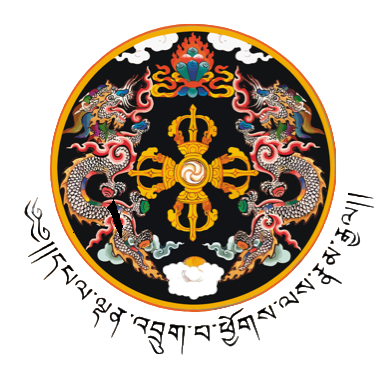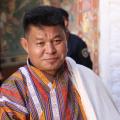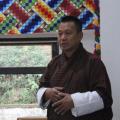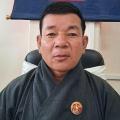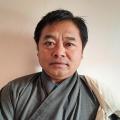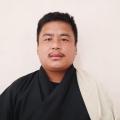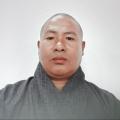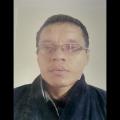SCHOOLS
Education being the foundation stone for the country's economic development, strong emphasis has been given to education in the country. Mongar dzongkhag has wide coverage of schools ranging from extended classrooms to Higher Secondary Schools covering nook and corner of the dzongkhag. As of 1st March 2014, there are 4 Higher Secondary Schools (including a private higher secondary school), 2 middle secondary schools, 7 Lower Secondary Schools, 37 Primary schools and 8 Extended classrooms; providing education to 10045 Children. 509 teachers and 265 supporting staff are managing the schools. In terms of coverage, Mongar dzongkhag has the 2nd highest number of schools in the country, besides Trashigang. In addition to the normal educational services, Mongar Lower Secondary School provides special educational services to the special educational needy children. Dzongkhag education office under dzongkhag administration is directly accountable and responsible for monitoring and providing support services to the schools within the district.
EARLY CHILDHOOD CARE AND DEVELOPMENT.
Owing to the importance given to the early childhood care and development needs of 3-8 years children by the government, wide range of ECCD Centres are established in different parts of the District. At present there are 14 community ECCD Centres; 1 Corporation ECCD Centre( KHPC ECCD Centre); 1 private ECCD Centre( Kadam Early learning Centre)and 3 NGO ECCD Centres ( Lingmethang ECCD Centre supported by Loden Foundation and Kengkhar and Udaric ECCD Centres supported by Tarayana Foundation). The ECCD Centres provide early childhood care and development services to 421 children within the age range of 3 to 5 years old, facilitated by 25 trained facilitators.
NON FORMAL EDUCATION.
The main aim of our country is to make education accessible to the entire population and to increase the literacy rate. So the government has introduced a new system of education to literate our population who did not get chance to attend the formal education called Non Formal Education. Currently there are 117 Non-Formal Centres with 1060( 800 female and 460 male) learners and 129 NFE Instructors.
